The GWSC blog features the organization’s latest news and opinion writing on global water topics. Opinion pieces will be clearly marked as such.
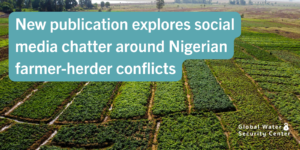
Can Social Media Predict Water Conflict? Not Exactly
A new paper from the UA Public Opinion Lab and GWSC studies social media discourse around Nigerian farmer-herder conflicts.
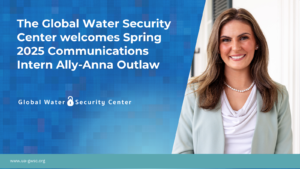
Alabama Senior Joins GWSC as Spring 2025 Communications Intern
Ally-Anna Outlaw is a senior at The University of Alabama, pursuing a double major in Public Relations and Management. A native of Brundidge, Alabama, she

The Importance of the Food-Water Nexus to GWSC’s Work
Learn about the datasets that GWSC relies on to get at food security around the world.
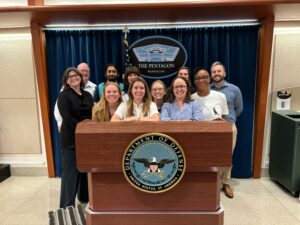
Incorporating User Feedback for Better Analysis Products
In late September, the GWSC team had the opportunity to meet with some of the folks who use our products. The feedback has resulted in some immediate improvements.
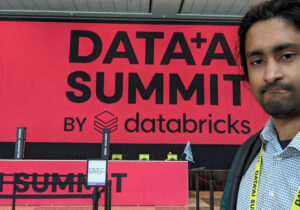
Applying Lessons from the Databricks Data + AI Summit to GWSC’s Work
This opinion article was written by GWSC Environmental Data Scientist Dr. Sambadi Majumder. As a data practitioner, I eagerly anticipate conferences and networking events that

GWSC Welcomes Two University of Alabama Research Fellows
The Global Water Security Center is pleased to welcome Drs. Mesfin Mekonnen and Matthew S. VanDyke as its inaugural research fellows. Dr. Mesfin Mekonnen Dr.
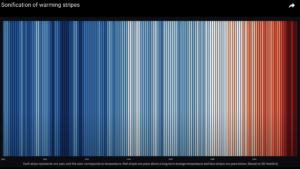
Beyond Maps and Charts: Data Sonification
This opinion article was written by Environmental Data Scientist Dr. Sambadi Majumder. At GWSC, we work with various types of data daily, and one of

From the Air Force to Japan to NASA to GWSC
This opinion article was written by Geospatial-Intelligence Program Manager Nicholas Roberge. My Path in Geospatial Intelligence I have always envied those that knew what they
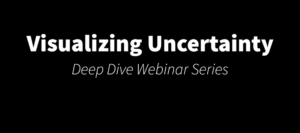
Visualizing Uncertainty Webinar Recording Now Available!
GWSC hosted the latest gathering in its Deep Dive Webinar series, Visualizing Uncertainty, June 13. Guests included GWSC Environmental Data Scientist Dr. Kaitlin Kimmel-Hass; Dr.

